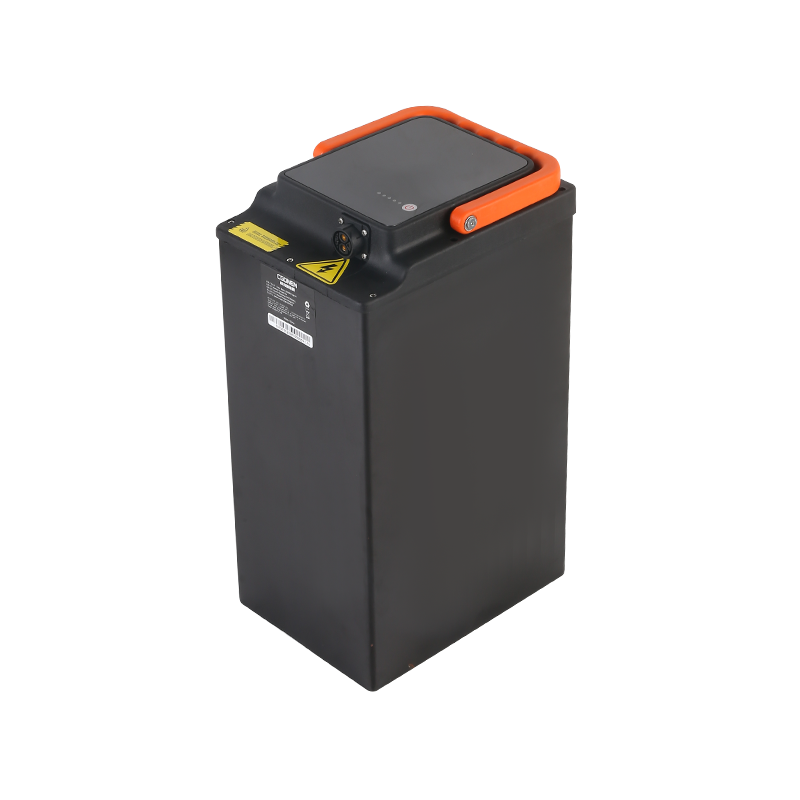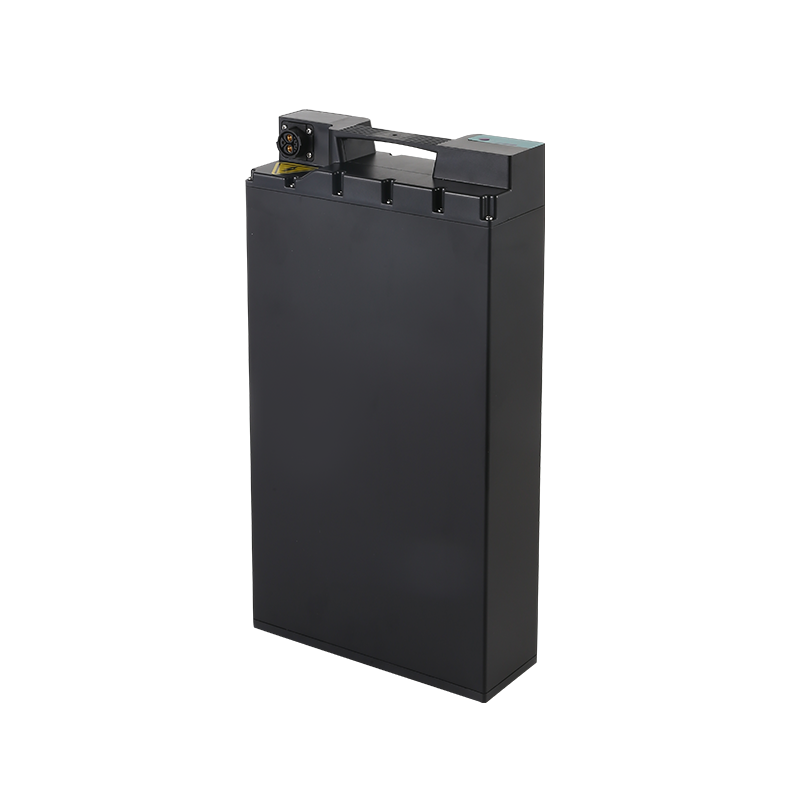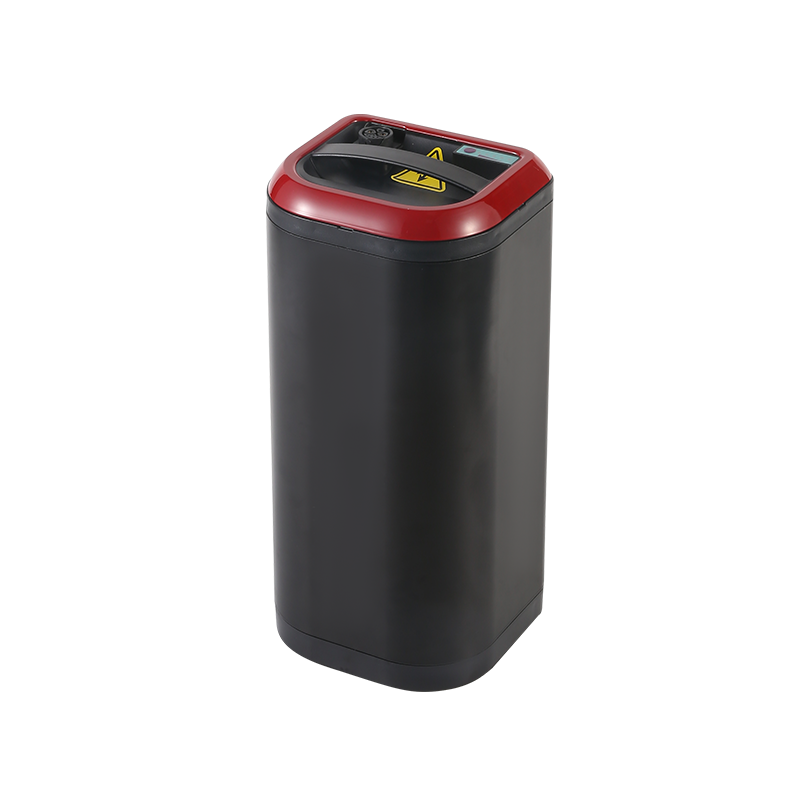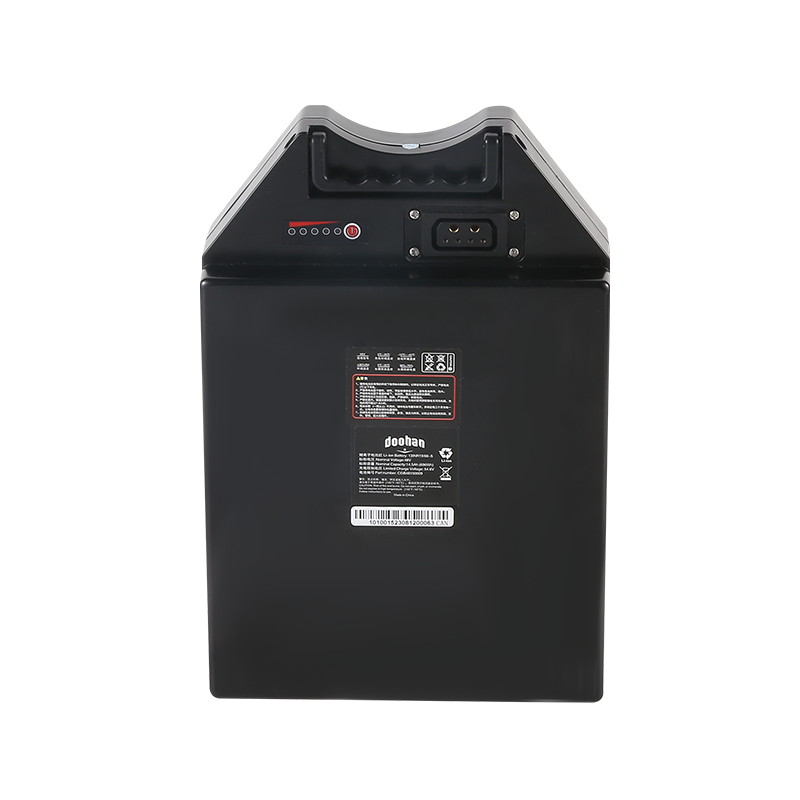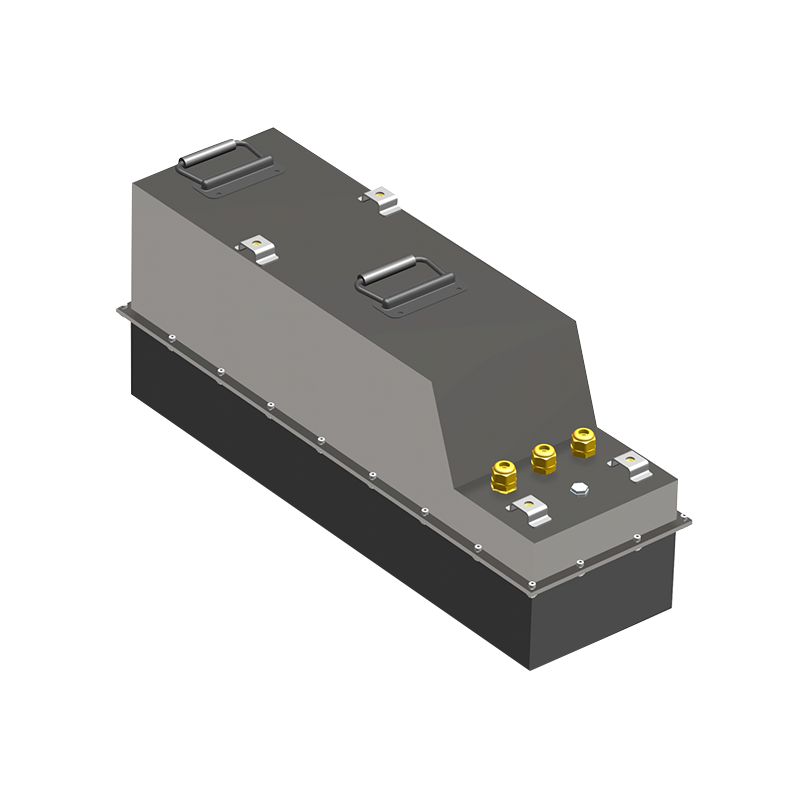Web Menu
Product Search
Exit Menu
The Future of Clean Transportation: Electric Motorcycle Batteries
Electric motorcycle batteries are typically lithium-ion, similar to those used in electric cars, due to their high energy density and ability to deliver power quickly. These batteries are composed of cells that store energy in the form of chemical potential energy. When the motorcycle is in operation, the stored energy is converted into electrical energy, which powers the electric motor.
The shift towards sustainable transportation has been gaining momentum in recent years, with electric vehicles (EVs) at the forefront of this change. Among the various types of EVs, electric motorcycles are emerging as a viable and eco-friendly alternative to traditional gas-powered motorcycles. A critical component of these electric motorcycles is the battery, which powers the vehicle and determines its range, performance, and overall efficiency.
Research and development in battery technology have led to significant improvements in battery life, safety, and performance. Innovations such as solid-state batteries and advanced battery management systems are on the horizon, promising even greater energy efficiency and faster charging times. Solid-state batteries, for instance, offer the potential for higher energy density and improved safety by eliminating the risk of liquid electrolyte leakage, which can cause fires in traditional lithium-ion batteries.
One of the primary benefits of electric motorcycle batteries is their environmental impact. By eliminating the need for gasoline, these batteries help reduce greenhouse gas emissions and contribute to the fight against climate change. Additionally, electric motorcycles produce fewer pollutants, pilot cleaner air in urban areas, which is particularly beneficial for densely populated cities.
Another advantage is the lower operating cost. Electric motorcycle batteries are more cost-effective in the long run due to the lower cost of electricity compared to gasoline. Furthermore, electric motorcycles require less maintenance than their internal combustion engine counterparts, as there are fewer moving parts and no need for oil changes or exhaust system maintenance.
A common concern with electric motorcycles is the range they can cover on a single charge. Advances in battery technology have been steadily increasing the range of electric motorcycles, making them more practical for daily use and longer trips. However, the development of a robust charging infrastructure is crucial to support the widespread adoption of electric motorcycles. Public charging stations are being installed in many areas, and the availability of fast-charging options is improving, which can recharge a battery to 80% in as little as 30 minutes.
The future of electric motorcycle batteries looks promising. As technology continues to evolve, we can expect to see batteries with longer ranges, faster charging times, and lower costs. The development of wireless charging technology could also become a game-changer, allowing for more convenient and efficient charging solutions.
Moreover, as the demand for electric motorcycles grows, economies of scale will likely drive down the cost of batteries, making electric motorcycles more affordable and accessible to a wider range of consumers. Governments around the world are also implementing policies to encourage the adoption of electric vehicles, including tax incentives and subsidies, which will further boost the market for electric motorcycles.
In conclusion, electric motorcycle batteries are a key component of the transition towards cleaner and more sustainable transportation. With ongoing advancements in battery technology and the development of a supportive infrastructure, electric motorcycles are poised to play a significant role in the future of urban mobility.
-

+86-13049701086
-

Stonehuang@CGONEN.com
-

No.88, Huji Road, Taizhou Bay Binhai New Area, Jiaojiang District, Taizhou City, Zhejiang Province, China


